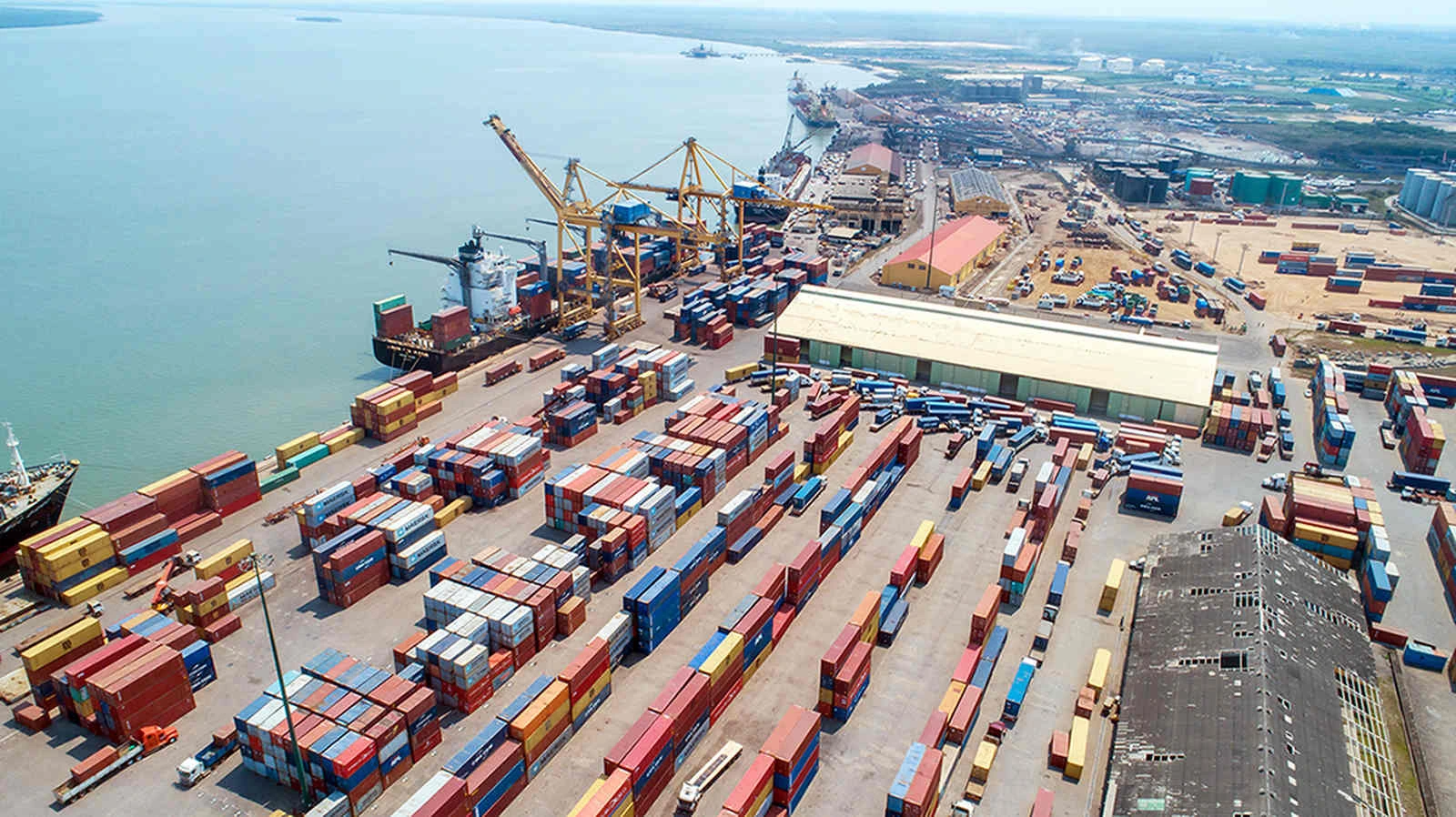The Port of Maputo, in southern Mozambique, expects to handle around 30 million tons of cargo by the end of this year, just over three million tons more than in the same period in 2022, when it handled 26.7 million tons.
The figures were released by the Executive Director of the Maputo Port Development Company (MPDC), Osório Lucas, speaking on Monday, November 20, in the district of Moamba, Maputo province, at the inauguration ceremony of the Pessene Transit Management Park.
“In recent years, since 2021, we have been witnessing a continuous growth in volume, and an ever-increasing influx of trucks on the N4 [National Road – N4]. Last year, the port of Maputo registered a total of 26.7 million tons of cargo, and this year we expect to handle approximately 30 million tons of cargo,” said Lucas.
He added that “of these 30 million tons of cargo that we expect to handle this year, 67% comes via the road and the N4”.
He explained that in recent years, the volume of cargo handled at the Port of Maputo has increased. For example, in 2021 the 22 million ton mark was reached, a milestone that was broken in 2022 when the record reached almost 27 million tons, an increase of 22.7 percent.
To this end, the implementation of the Economic Acceleration Measures Package (PAE), a government initiative aimed at stimulating economic activity in the country after external shocks, was cited as a driver of the figures.
It should be noted that the Mozambican government decided last month to invest in the modernization, expansion and transformation of the Ressano Garcia border into a modern one-stop border as a showcase for the country.
Regarding the inaugurated park, it aims to respond to the challenges of traffic congestion on the N4, as part of the initiative by the Ministry of Transport and Communications and the Maputo Provincial Government to bring greater sustainability, development and road safety to the Maputo Corridor, launched in April by the Minister of Transport and Communications, Mateus Magala.
Construction of the facility took 4 months, with a total investment of 4 million 350 thousand US dollars, and has a static capacity for the temporary parking of 250 trucks. As well as parking, the facility offers a space for quick meals, toilets, a security induction service and port documentation processing services. With the aim of improving efficiency in the corridor and the time spent at the port, the park has integration with all the port’s digital systems, so that trucks can be dispatched as their files are processed.
During the construction phase, the park employed 140 people. In this first phase, the park will create 32 permanent jobs, almost exclusively for local residents.




